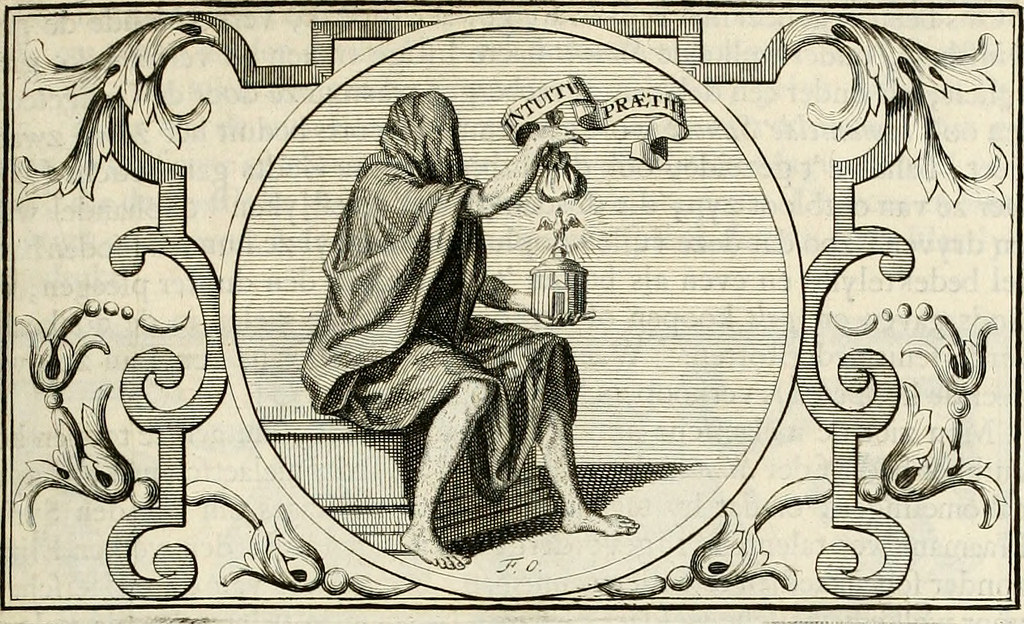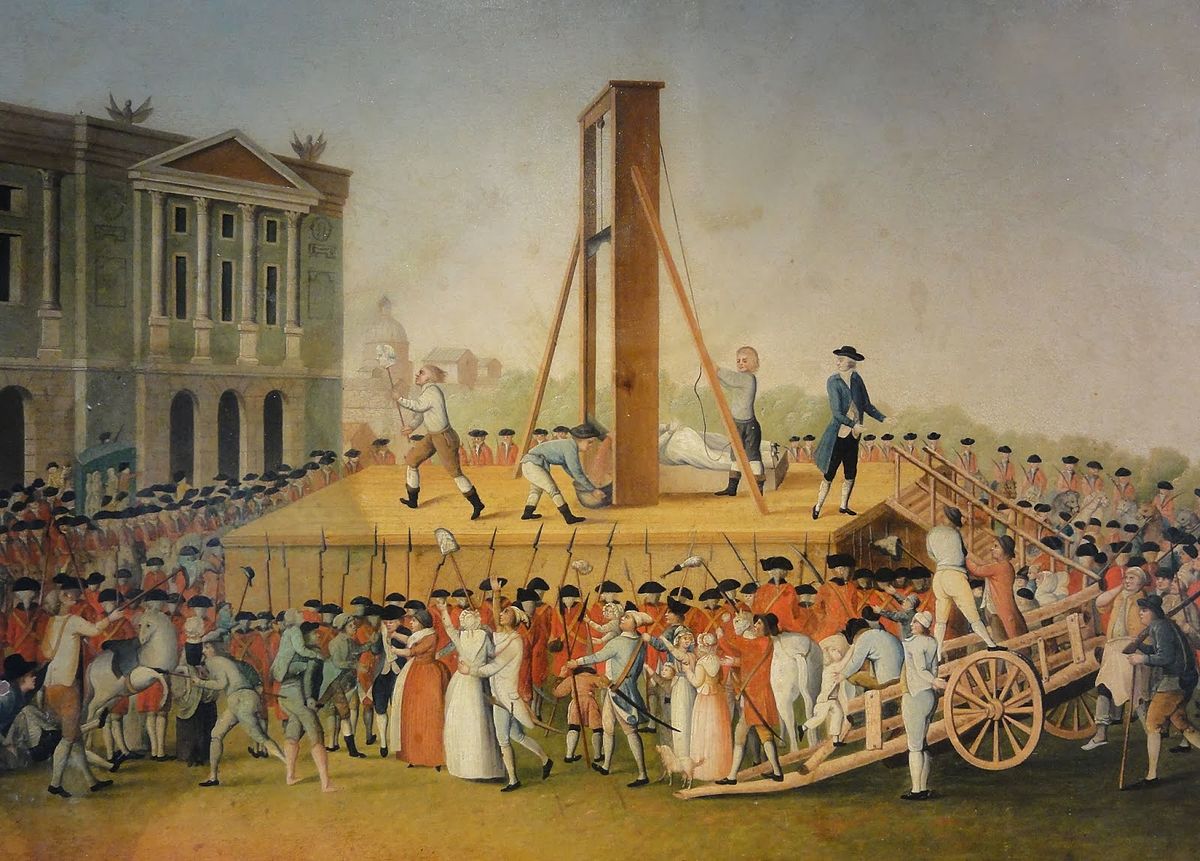For those affected or scandalized by the way MOC® programs are being foisted on doctors, the following Wikipedia entry may provide an explanatory frame of reference:
A union security agreement is a contractual agreement, usually part of a union collective bargaining agreement, in which an employer and a trade or labor union agree on the extent to which the union may compel employees to join the union, and/or whether the employer will collect dues, fees, and assessments on behalf of the union.
Of course, the American Board of Medical Specialties (ABMS) is not a physician union in the strict sense of the term. From the vantage point of ABMS executives, the situation is far better. ABMS bosses can impose enrollment into MOC® without needing to grant doctors membership—and therefore voting rights—in the organization.Continue reading “The history behind the MOC®kery”







